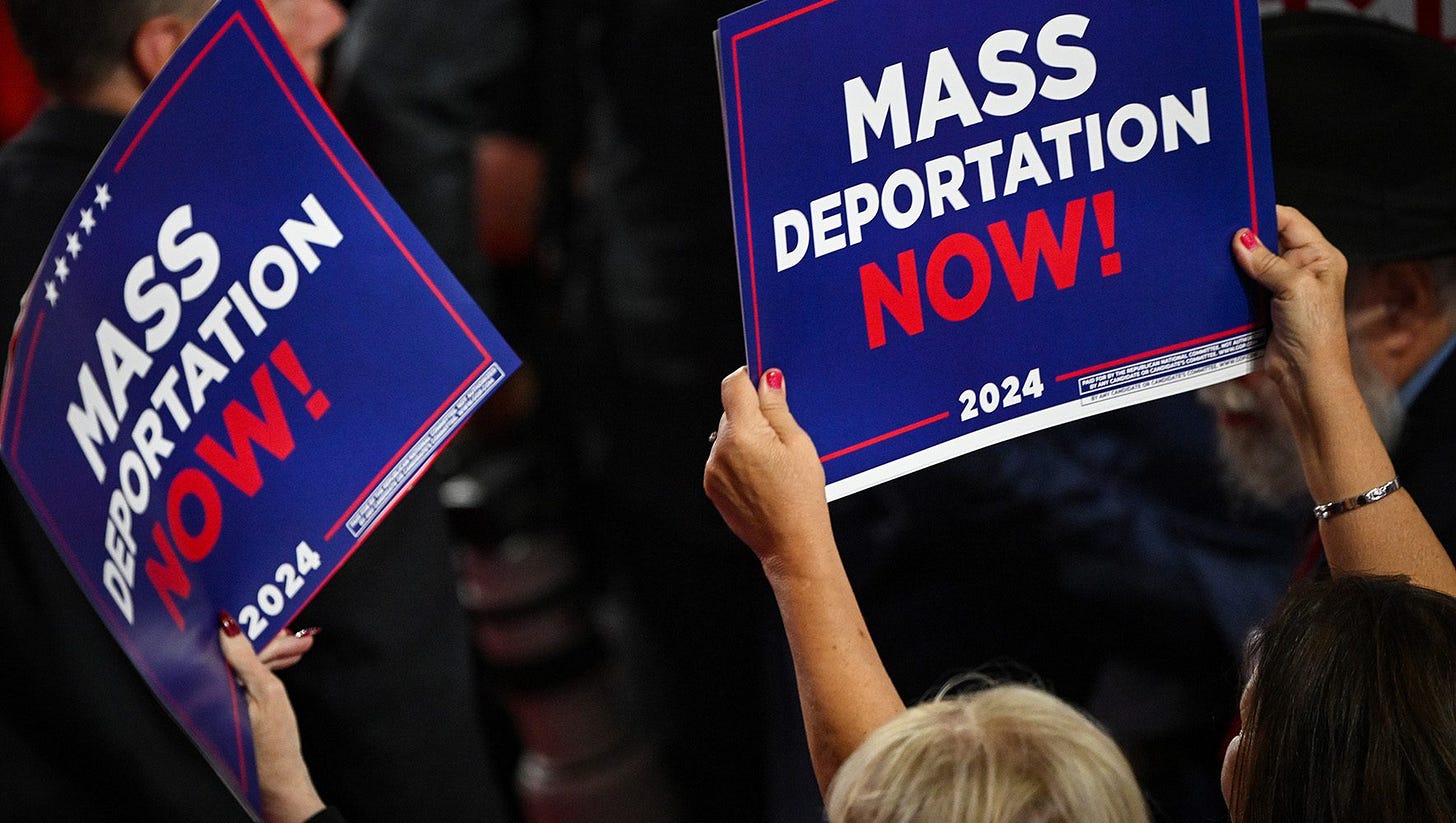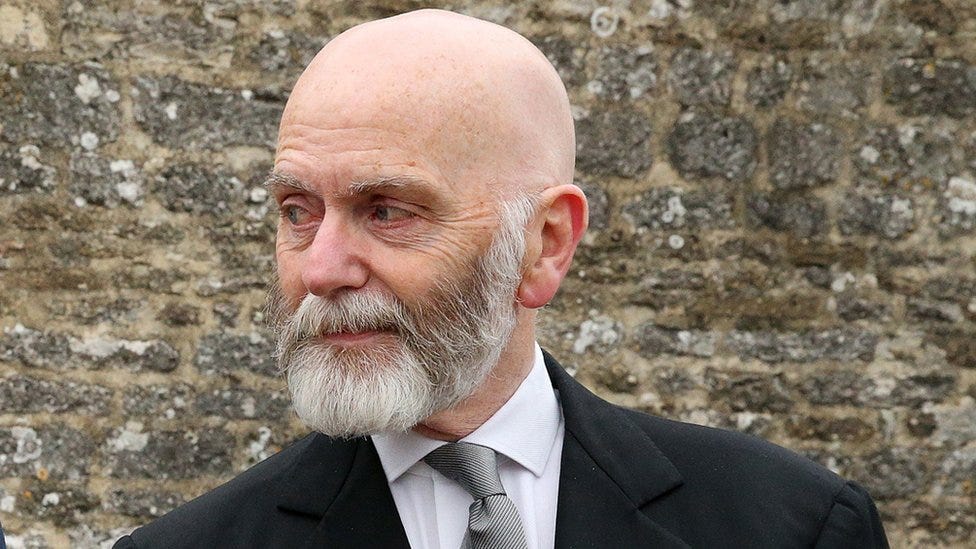The Great Replacement: Fear, Power, and the Myth That Divided a Nation
How fear of demographic change became a political weapon — and what it means for America’s future.
Some stories aren’t born in books but in whispers — the kind that fill uncertainty with meaning. The “Great Replacement” began as one of those whispers. It spoke of a hidden plan, of elites plotting to replace white, Christian Americans through immigration and culture. For some, it explained every fear that couldn’t quite be named. For others, it was a poison disguised as prophecy.
This theory, once confined to the fringes of the internet, found its way into America’s living rooms and political rallies. You heard its echoes on talk radio and saw its shadows in campaign speeches. It promised clarity in a complicated world — but what it really offered was rage, belonging, and something darker: a reason to stop listening.
The Birth of a Dangerous Idea
The man who first gave the “Great Replacement” its name was a French writer, Renaud Camus. He warned that Europe’s white population was being “replaced” by immigrants from Africa and the Middle East. His idea carried across the ocean like smoke, drifting into a country already divided and looking for someone to blame.
In America, that fear reshaped itself. It wasn’t just about numbers — it was about culture. About who gets to define what “American” means. Suddenly, ordinary demographic shifts became fodder for conspiracy. Every new face, every foreign accent, became a sign that something precious was slipping away.



